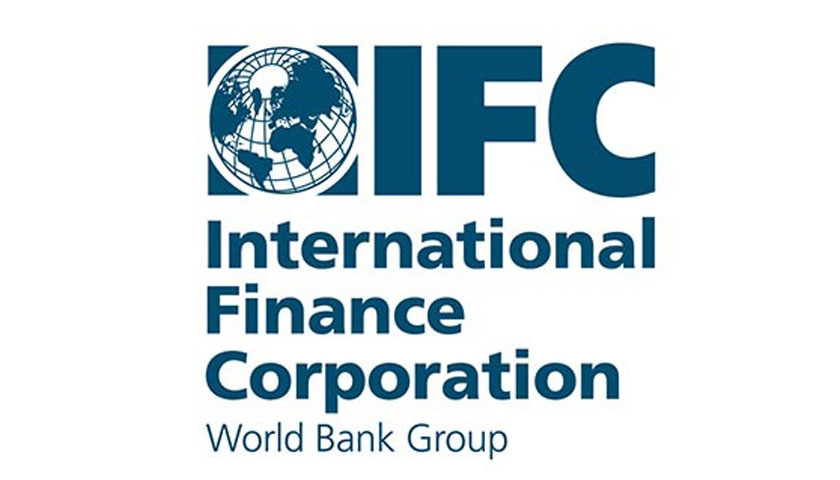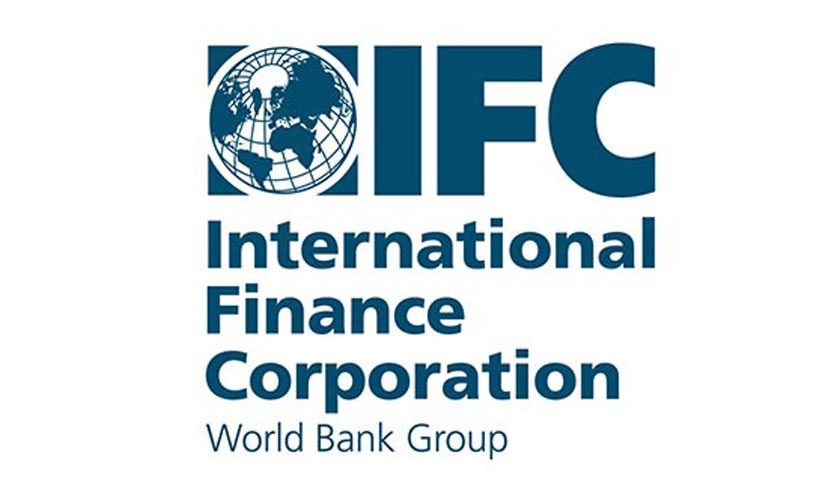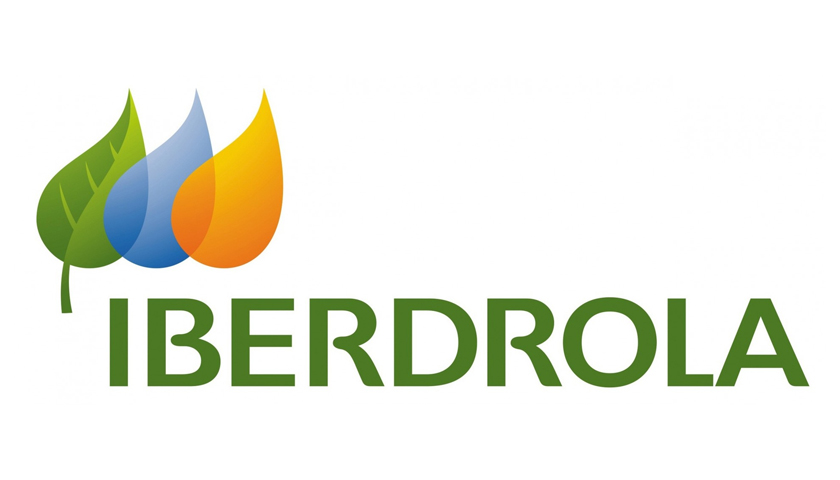IFC issued a benchmark three-year green bond, raising 1 billion Canadian dollars, to unlock private investment to support climate-friendly projects in emerging markets.
The proceeds of the bond will finance eligible projects under IFC’s Green Bond Framework, including renewable energy, energy efficiency, green buildings, clean transport, and biodiversity conservation, ocean and water protection.
The trade attracted orders over 1.5 billion Canadian dollars, generating strong interest from a broad range of investors from around the world, including central banks, official institutions, bank treasuries and asset managers.
“The CAD 1 billion trade is IFC’s largest green bond in the Maple market to date,” said Zauresh Kezheneva, IFC Funding Officer. “We are pleased to see such remarkable support from both our global and Canadian domestic investor base, a testament to investors’ focus on sustainable investments and their trust in IFC’s name.”
National Bank of Canada Financial Markets, RBC Capital Markets and Scotiabank acted as joint lead managers for the transaction.
“It was great to see IFC continue to recognize and react to strong domestic and international demand for CAD paper,” said Scott Graham, Head and Managing Director, US Government and SSA Finance, National Bank of Canada Financial Markets. “The flexibility to satisfy green and CAD investor needs led to IFC’s second highly successful CAD outing of the year and their largest CAD trade to date with a well over-subscribed book. The newly reworked Green Bond Program resonated extremely well with ESG investors, helping to drive the size of the order book. NBF was extremely pleased to partner with IFC introducing the enhanced Green Bond Framework and continuing to build an IFC CAD curve.”
“IFC’s very successful return to the CAD market offered the winning combination of a Green Bond underpinned by exceptional credit quality. The impressive final order book allowed a rare combination of tightening and upsize and is a credit to the strong and consistent investor relations program at IFC,” said Jigme Shingsar, Managing Director, Debt Capital Markets, RBC Capital Markets.
“Scotiabank is proud to serve as Joint Bookrunner on IFC’s 3-year CAD 1 billion green bond benchmark transaction, its first CAD-denominated transaction in the 3-year tenor, and its largest-ever CAD transaction to date,” said Cesare Roselli, Global Head of SSA. “The success of this transaction is a testament to the appeal of the IFC name and its Green Bond Framework among Canadian investors. The result was an extremely high-quality orderbook comprising a wide variety of different investors. Congratulations to the IFC team!”
The bond is IFC’s first issuance in the three-year tenor in Canadian dollars, supporting new investor participation and reinforces issuers’ commitment to the Canadian dollar market.
IFC’s green bond program offers investors the opportunity to fund climate-friendly projects while offering an attractive financial return. Since the launch of the green bond program in 2010, IFC has issued over $13 billion through 199 green bonds and taps in 21 currencies.
The green bond program aligns with the Green Bond Principles published by the International Capital Market Association (ICMA).
IFC Green Bond Terms
| Issuer: | International Finance Corporation (IFC) |
| Issuer rating: | Aaa/AAA (Moody’s/S&P) |
| Amount: | CAD 1 billion |
| Settlement date: | August 21, 2023 |
| Coupon: | 4.5% |
| Coupon payment dates: | Semi-annually on each February 21st and August 21st up to and including the Maturity Date, commencing February 21st 2024 |
| Maturity date: | August 21, 2026 |
| Issue price: | 99.911% |
| Denominations: | CAD 10,000 + CAD 10,000 |
| ISIN: | CA45950KDE79 |
| Listing: | Luxembourg Stock Exchange’s Regulated Market |
| Joint lead managers: | National Bank Financial (B&D), RBC Capital Markets and Scotiabank |
Distribution Statistics
Type
Central Banks/Official Institutions: 72%
Asset Managers/Pension/Insurance: 14%
Banks: 14%
Geography
Canada: 21%
Europe: 44%
Asia: 32%
Americas (not including Canada): 3%


